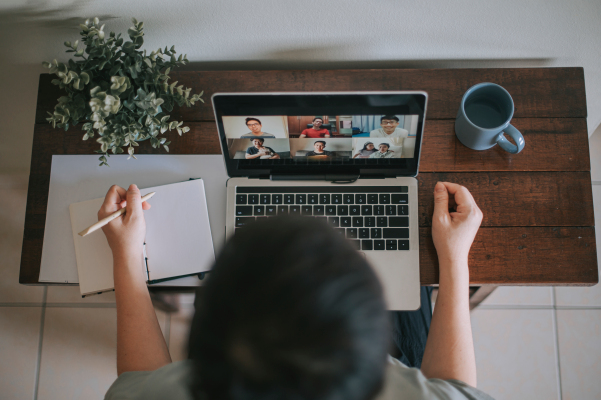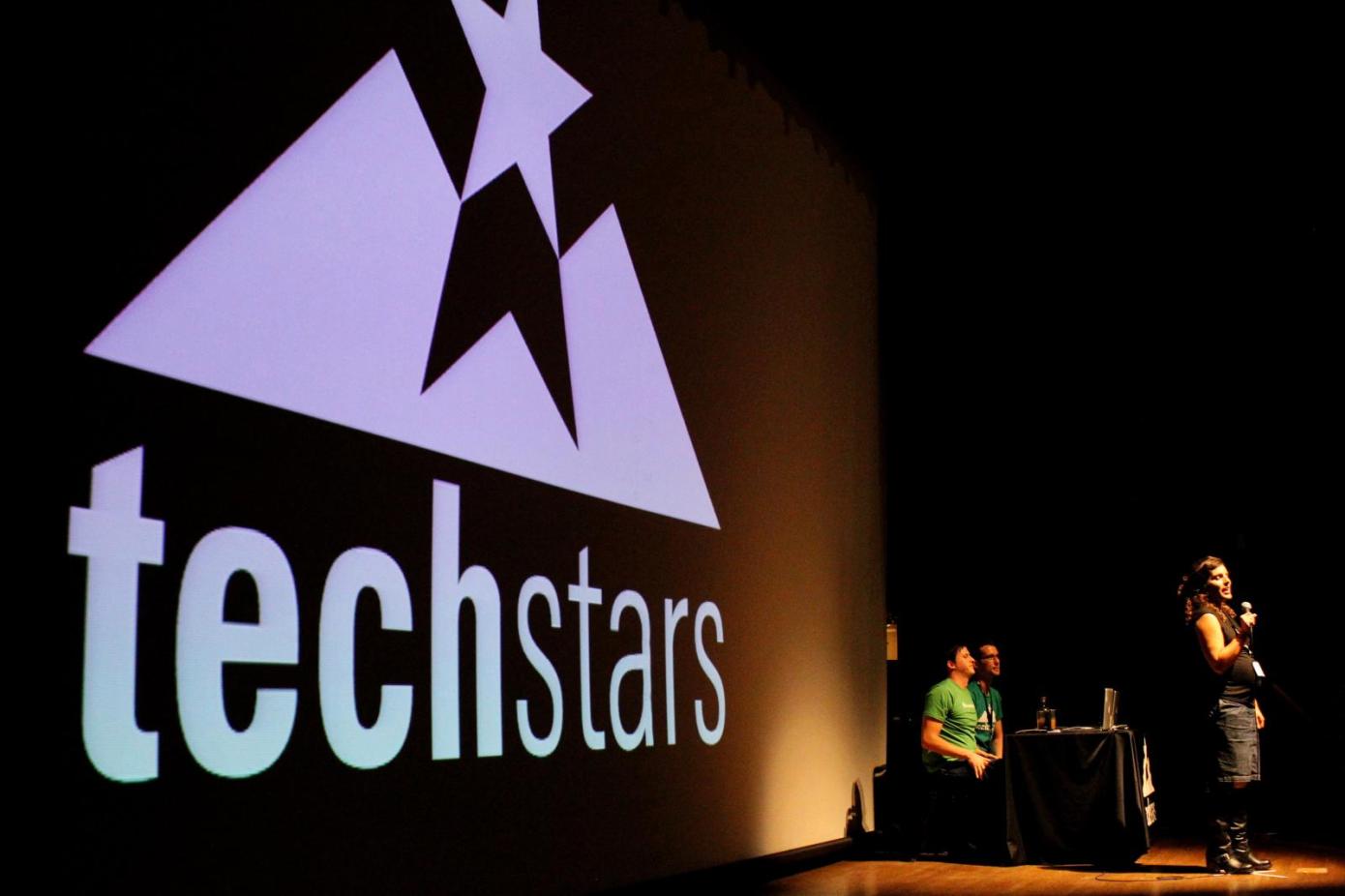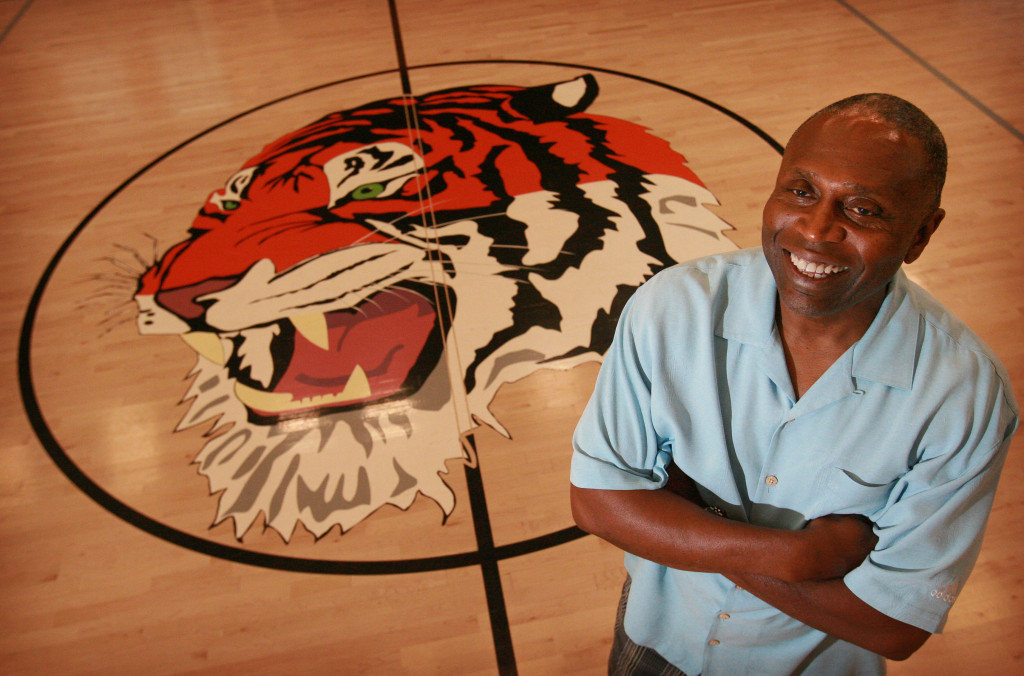Accelerators have become a major force in the startup world, but these teeming masses of potential have been forced, like every other industry, to adopt major changes with the pandemic. Surprisingly, however, they have not just rolled with the punches but seem to be thriving in the new virtual environment.
I spoke with the heads of three accelerators about the challenges and opportunities presented by the new restrictions. David Brown is the founder and CEO of the large international accelerator Techstars (though he will be stepping down in 2021). Cyril Ebersweiler is a venture partner at SOSV and founder of the HAX hardware accelerator. Daniela Fernandez founded the Sustainable Oceans Alliance and its comparatively new Ocean Solutions Accelerator.
TechCrunch: What were some of the immediate difficulties or opportunities you ran into when the pandemic hit?
Brown: I feel like a duck — above the surface everything is normal, below the surface the feet are paddling like crazy.
When the lockdown came in March, the move to virtual over like 24 hours was hard, but we’re lucky that we’re a global organization. We had a program in Italy so they had gone into lockdown earlier, and a program in Singapore before that, so we were able to be better prepared. And we’ve had a virtual program for four years.
Ebersweiler: Anything that’s physical, if it requires your eyes and for you to play with things, it got a lot harder. People prefer in general to have the physical experience. Now we do virtual tech shares where people get to show to everyone else and we comment on it. It actually works well. Pitch practices are fine to do online as well.
People are for some reason more participative and have more feedback than physically — it’s pretty strange.
People are for some reason more participative and have more feedback than physically — it’s pretty strange. Perhaps because you’re not facing the people and you don’t want to say some things in person.
Fernandez: Our content is very intense and in the past, it has been hard for founders to juggle being a full-time founder and participate in a rigorous program. The virtual nature of the program this year seems to have increased our overall engagement with founders. Cutting out the commute time in a busy city leaves founders with more time for workshops, mentor matchmaking, pitch practice and other important sessions. Everybody just has more flexibility and tranquility.











